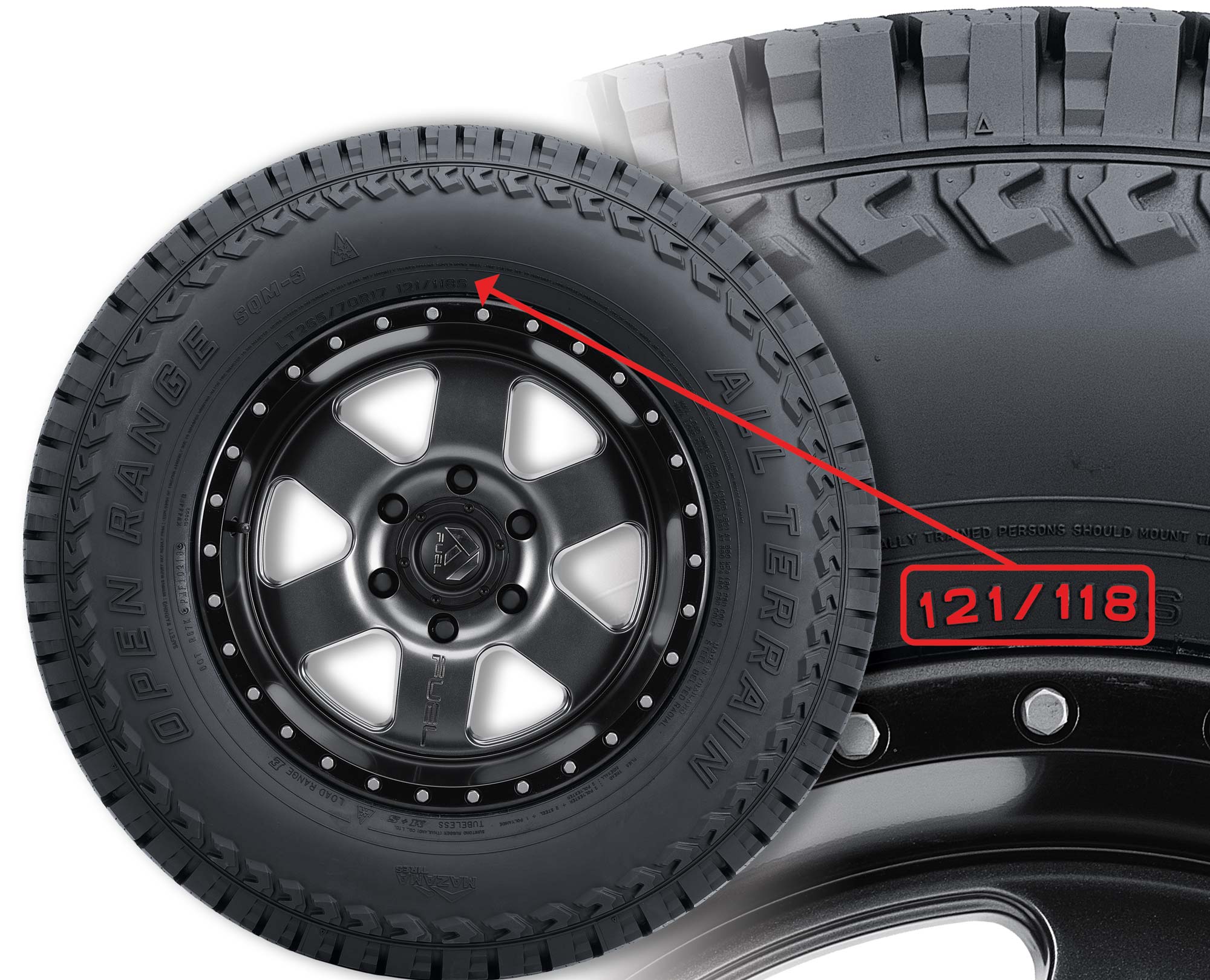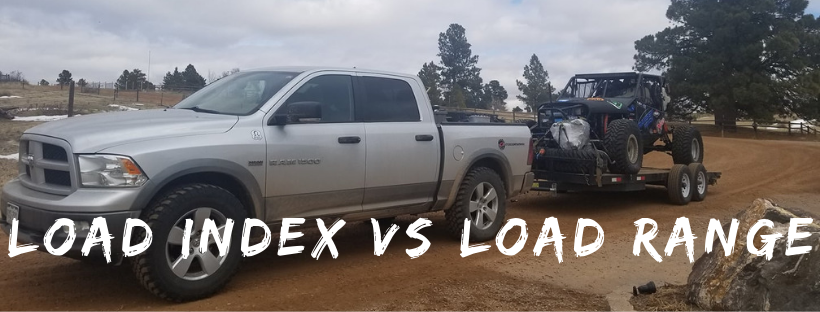Prior to the adoption of current industry load standards the ply rating indicated the number of fabric layers coated in rubber that made up the body of the tire.
Load index 116 vs load range e.
Well your vehicle will have specific minimum requirements for each of these ratings and guidelines.
Passenger tires are typically manufactured in one of three load ranges standard load light load and extra load or reinforced all of which could range from 2 to 4 ply tires.
Light truck tires have two load indexes on the sidewall of the tire unlike passenger tires which only have one.
The load index is typically found next to the speed rating.
When shopping for tires online you ll notice the terms load index load range and speed rating included within the technical specifications.
The tire load index lets you know the load carrying capacity of a tire.
Using load index load range to pick the right tires.
The higher the load range a g the heavier load the tire can carry.
Load range is based on ply rating a tire s load range can be found on the tire s sidewall represented by a letter usually after the tire size 35x12 50 r17 e for example.
As evidenced by its name the standard load range is the most common.
The load index will tell you the load capacity of the tires and will typically be first before the speed rating.
Load index what is the difference between load range and load index and how does the tire s ply rating determine what tire you should buy.
The load index refers to the load carrying capacity of a tire or how much weight a tire can support.
To understand the actual meaning.
For example if a tire has a load index of 89 it can support 1 279 pounds from below chart at maximum air pressure.
This is because light truck tires are often used on vehicles with dual rear wheels.
Load index will be numeric and will run from 0 150.
Lt sized tires featuring section widths of 305mm 12 50 or wider have their.
This code represents the ability of the tire to hold air and weight.
The tire load index also called the load range specifies the amount of weight the tire can safely carry when inflated to its optimum pressure.
For example if a tire has a load index of 92 it can support 1 389 pounds at maximum air pressure.
The information needed to identify the load range for tires is right there on the sidewall.
Multiply that by four 4 x 1 279 5 116 pounds to get your maximum load carrying capacity.
Using the tire load index chart.
Lt metric lt flotation and lt numeric tires are branded with their load range load range e or lre or their ply rating 10 ply rated on their sidewalls and list their appropriate load range letter in their descriptions as lt245 75r 16 e 7 50r 15 d or 31x10 50r 15 c.
In other words it s the amount of weight your tire can support safely.










